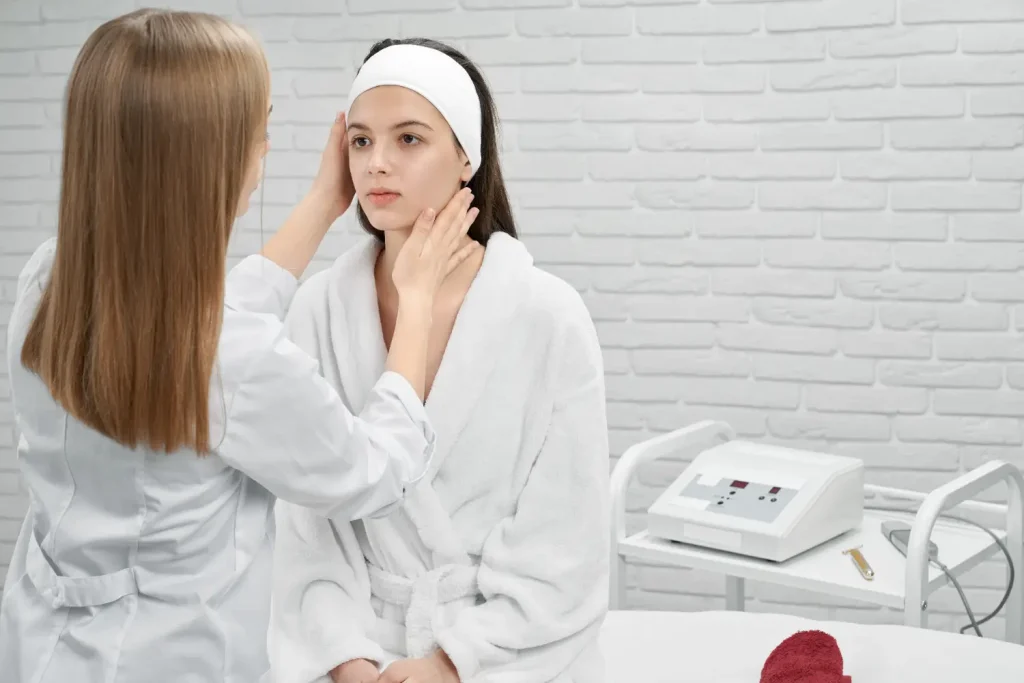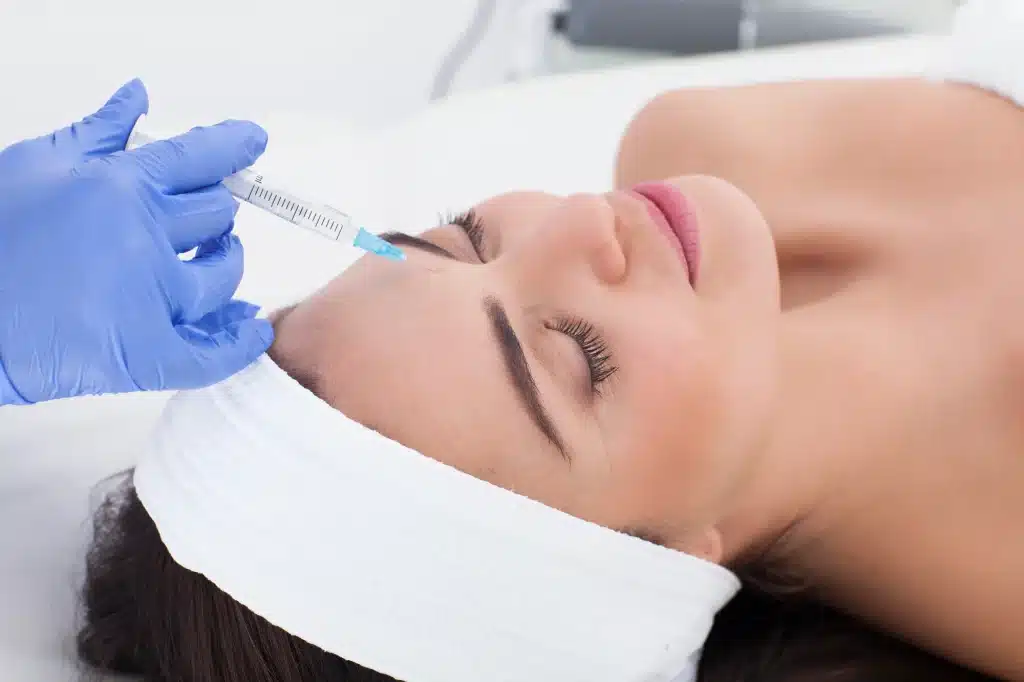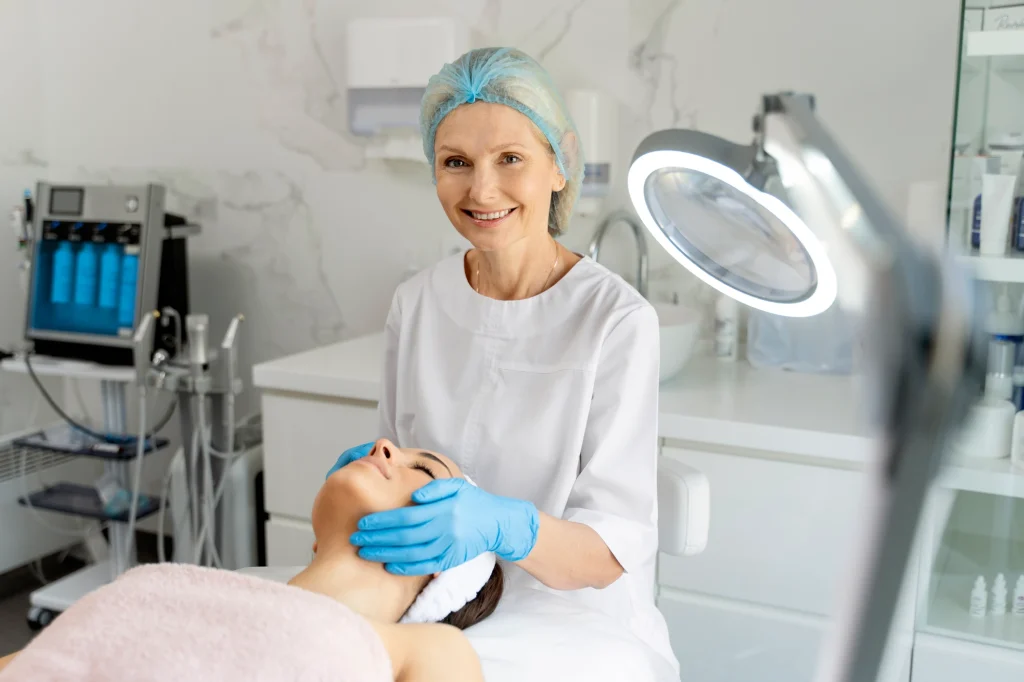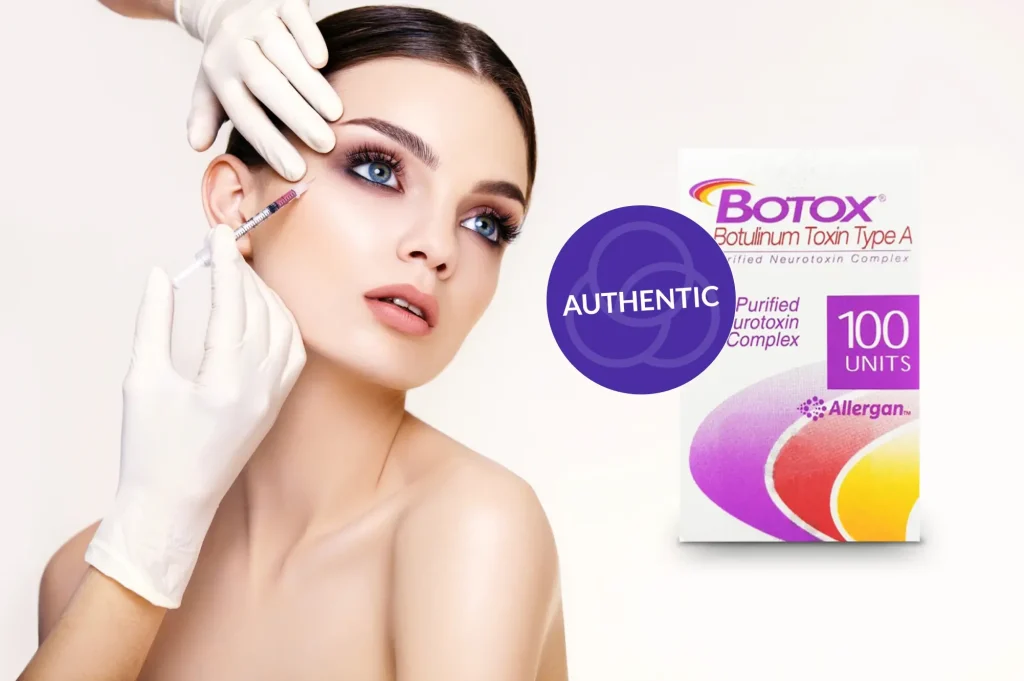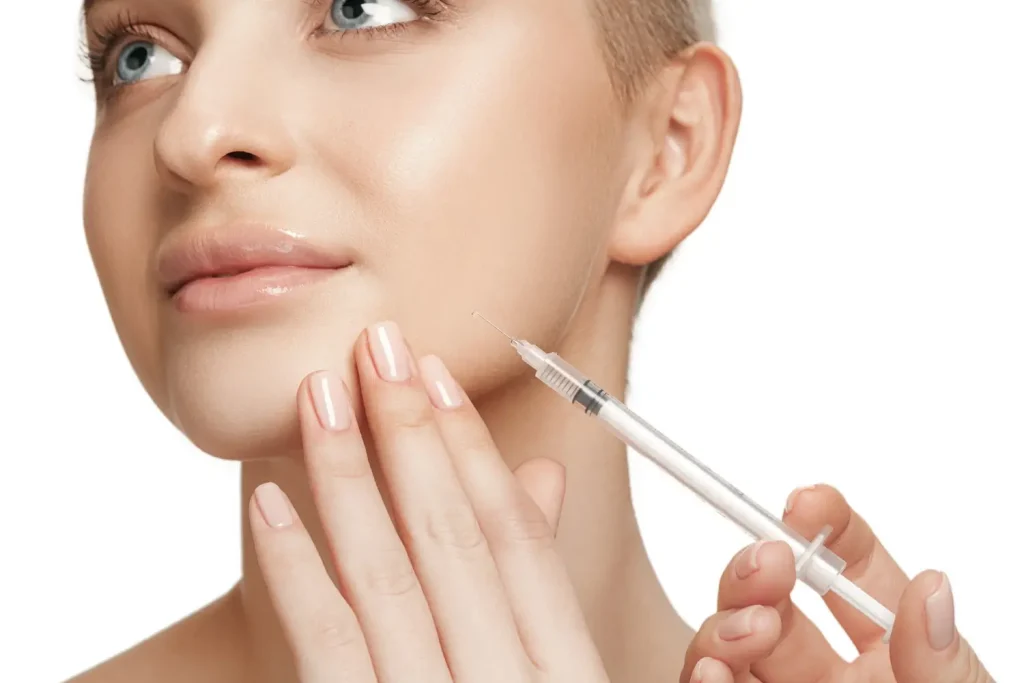The U.S. Food and Drug Administration (FDA) is known for having one of the most rigorous drug approval processes in the world. Their processes guarantee that medications are safe, effective, and meet high manufacturing standards. Only about 10% of drugs that enter clinical trials end up getting approved, which highlights the level of scrutiny the FDA applies to new treatments.
Given these strict standards, it’s not surprising that emerging products, like Liztox, undergo close examination. Liztox, a botulinum toxin type A from Huons Biopharma in South Korea, already has regulatory approval for both aesthetic and therapeutic uses in its home country. But despite its growing popularity internationally, Liztox has yet to receive FDA approval for use in the United States.
In this article, we’ll dive into the journey of Liztox’s clinical development, explore its current regulatory status, and discuss the FDA’s role in determining whether it will eventually be available in the U.S. market.
Key Takeaways
- Liztox is a botulinum toxin type A product developed in South Korea. However, it does not have FDA approval for use in the United States.
- The FDA approval process for botulinum toxin products involves multiple phases. These include preclinical testing, clinical trials, and an FDA review.
- While Liztox has shown promising results in clinical trials, including Phase III data on post-stroke spasticity, it has not yet undergone the necessary steps for FDA approval.
- Clinicians in the U.S. cannot legally use Liztox for cosmetic or therapeutic treatments outside of approved research settings.
- Patients in the U.S. seeking Liztox must travel to countries where it has approval, as its lack of FDA approval in the United States restricts its importation.
- FDA-approved products such as Botox, Jeuveau, and Dysport are currently available in the U.S. and are legally compliant options for patients and practitioners.
- Before using any botulinum toxin product, clinicians must verify its regulatory status to ensure patient safety and legal compliance.
About: Medical Spa RX provides medical practices with premium products at the best prices. If you’re looking to buy Liztox online for your practice, the sales representatives at Medical Spa RX can give you guidance.
Understanding FDA Approval for Botulinum Toxins
As of 2025, the U.S. Food and Drug Administration (FDA) has approved five botulinum toxin type A products for cosmetic and therapeutic use: Botox, Dysport, Xeomin, Daxxify, and Jeuveau. These approvals are the result of extensive research and clinical trials, reflecting the FDA’s high standards for safety, efficacy, and manufacturing quality.
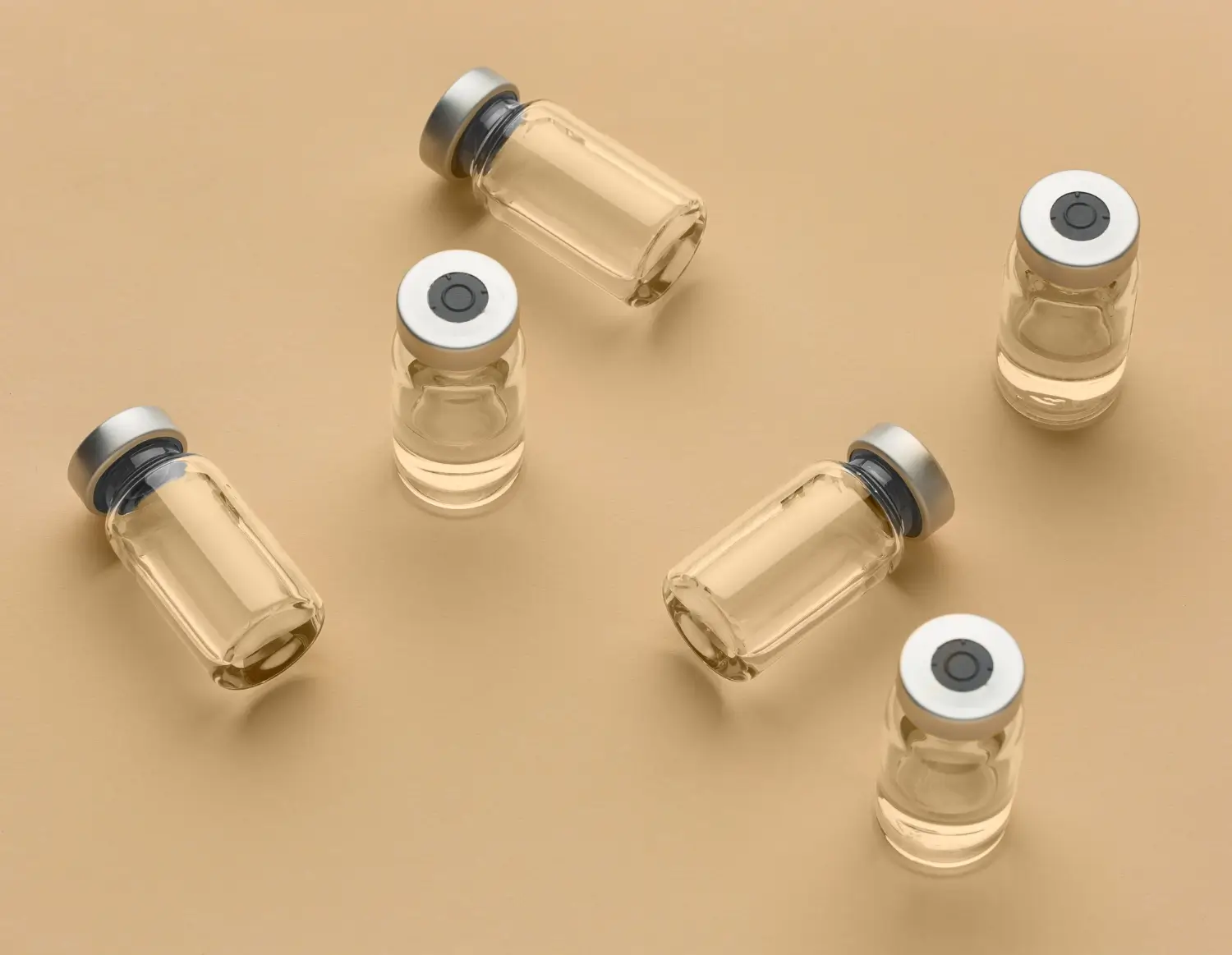
However, Liztox does not have FDA approval yet. Despite showing promising results in clinical trials, especially in post-stroke spasticity, Liztox has not yet undergone the FDA’s multi-phase review process.
Although Liztox has approval from South Korea’s Ministry of Food and Drug Safety for both aesthetic and therapeutic uses, its journey through the FDA’s regulatory framework remains incomplete.
Current Regulatory Status in the U.S. and Globally
Liztox is currently approved for both cosmetic and therapeutic uses in South Korea, with applications ranging from wrinkle reduction to muscle spasticity. Despite its growing international presence, it has not been registered with the FDA and remains unapproved for use in the United States.
Globally, Liztox is making strides in Asia and the Middle East, and efforts are underway to enter the European market through partnerships with local distributors. Despite this progress, clinicians and patients in the U.S. must rely on FDA-approved alternatives such as Botox or Jeuveau.
Healthcare professionals need to be aware of the regulatory status of botulinum toxin products, especially when considering options like Liztox vs Nabota, to ensure legal compliance and patient safety.
Clinical Trial and Approval Pathway Requirements
For Liztox to gain FDA approval, it must complete the FDA’s rigorous multi-phase clinical trial process. Below are the key steps involved in obtaining FDA authorization:

- Preclinical Testing: Laboratory and animal studies to assess the safety and biological activity of the product.
- Phase I Trials: Small-scale studies in healthy volunteers to evaluate safety and determine the appropriate dosage range.
- Phase II Trials: Larger trials assessing efficacy and the side effect profile in target patient populations.
- Phase III Trials: Multi-center studies involving a larger patient group to confirm the product’s safety and effectiveness, especially in comparison to existing treatments. Liztox has Phase III data available in peer-reviewed literature, particularly in the context of post-stroke spasticity, but no IND submission to the FDA has been publicly announced.
- FDA Review: Submission of a Biologics License Application (BLA), which includes detailed data from all previous trial phases, for the FDA’s regulatory review.
Without completing these steps to the FDA’s satisfaction, Liztox cannot legally enter the U.S. market. The FDA’s review process ensures that only products with proven safety, efficacy, and manufacturing consistency make it to patients, ultimately protecting public health.
Implications for Clinical Use and Importation
The absence of FDA approval for Liztox significantly impacts how the product can be used in the United States. For example, clinicians cannot legally purchase or administer Liztox for cosmetic or therapeutic treatments outside approved research settings. If any healthcare provider attempts to use Liztox in the U.S., they could face legal repercussions for violating FDA regulations.
Importation is also highly restricted. Liztox can only be brought into the U.S. under specific investigational protocols or compassionate use exemptions, and always with prior FDA authorization. This means that patients seeking Liztox treatments would need to travel to countries where the product has approval, while being mindful that manufacturing and quality standards may vary across different regions.
For U.S.-based medical practices, relying on FDA-approved alternatives such as Botox, Jeuveau, or Dysport ensures legal compliance and protects both patient safety and the clinician’s professional reputation.
Conclusion
While Liztox is popular in South Korea and several international markets, it does not have FDA approval in the United States. Until the product navigates the FDA’s complex approval process, it cannot be legally marketed, imported, or administered in the U.S. The FDA’s stringent review process ensures that the public can only use products with demonstrated safety, efficacy, and quality.
For clinicians, it’s crucial to verify regulatory status before using any botulinum toxin product to ensure compliance and safeguard patient well-being. For patients, opting for FDA-approved botulinum toxin products ensures that the treatments they receive meet the highest standards of safety and efficacy.
FAQs
1. Is Liztox FDA-approved in the U.S.?
No. Liztox does not currently have FDA approval. That means clinicians cannot legally market, import, or use it for medical or cosmetic treatments in the United States.
2. Where does Liztox have regulatory approval?
Liztox has approval for medical and aesthetic use in South Korea and select other countries. However, regulatory status varies depending on each nation’s health authority requirements.
3. Can U.S. doctors use Liztox under special circumstances?
It can only be used through FDA-authorized investigational or research protocols. These require strict oversight, documented patient consent, and compliance with federal regulatory guidelines before administration.
4. Why is FDA approval necessary?
FDA approval ensures that a product meets stringent safety, efficacy, and manufacturing standards, protecting public health and guaranteeing consistent treatment quality for patients in the United States.
5. Are there FDA-approved alternatives to Liztox?
Yes. Options include Botox, Dysport, Xeomin, Daxxify, and Jeuveau. All these products meet FDA requirements and are widely available for both therapeutic and cosmetic applications.
6. Can I import Liztox for personal use?
Generally, no. U.S. law prohibits importing unapproved drugs like Liztox for personal use without specific FDA authorization, even if obtained legally in another country.
7. Is Liztox undergoing FDA trials?
Clinical trial activity should be verified through official FDA databases or ClinicalTrials.gov to determine if Liztox is currently in the U.S. approval process.
References
U.S. Food and Drug Administration. The FDA’s drug review process: ensuring drugs are safe and effective. FDA. Published November 24, 2017. https://www.fda.gov/drugs/information-consumers-and-patients-drugs/fdas-drug-review-process-ensuring-drugs-are-safe-and-effective
Rho NK, Han KH, Kim HS. An Update on the Cosmetic Use of Botulinum Toxin: The Pattern of Practice among Korean Dermatologists. Toxins (Basel). 2022;14(5):329. Published 2022 May 4. doi:10.3390/toxins14050329




